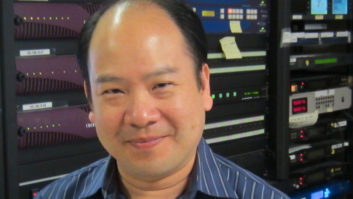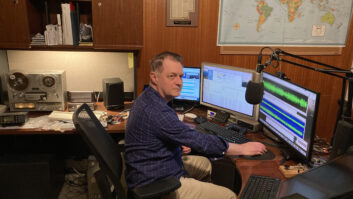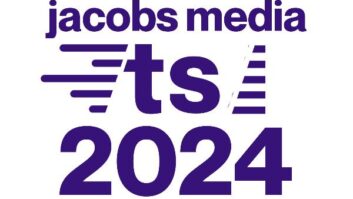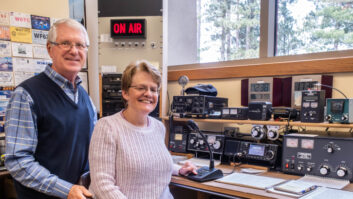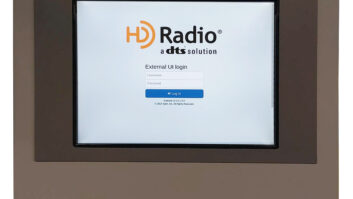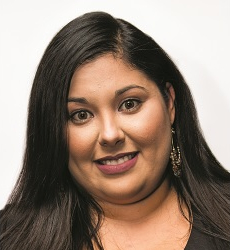
Daniela Zamora is station vice president and general manager of Zamora family-owned WDTW(AM) in Detroit. It is a Spanish-language music formatted station.
In this Q&A she discusses how the station is approaching the coronavirus, especially in providing timely and useful information to its Spanish-speaking listeners along with keeping the station afloat financially. She was interviewed by Suzanne Gougherty, director of MMTC Media and Telecom Brokers at the Multicultural Media, Telecom and Internet Council. MMTC commentaries appear regularly in Radio World, which welcomes other points of view on industry issues.
Suzanne Gougherty: What has your station been doing to keep Hispanic listeners informed during the continued pandemic?
Daniela Zamora: Daily segments Monday through Friday, updating our community with the latest news releases and data from WHO, CDC, Gov. Christine Whitmer’s office, along with city and local officials.
Gougherty: What feedback have you received from listeners about your pandemic coverage?
Zamora: Overall there has been a very positive response to the pandemic coverage we have been airing. We get a lot of calls asking about links or phone number for additional information on the particular piece of information or story mentioned on-air.
[Read: La Z Seeks to Make Its Mark in Detroit]
Gougherty: Has your on-air staff been working in the studio or have they been broadcasting from home? If from home has it been a smooth transition?
Zamora: With the exception of our national syndicated programming in the morning which requires a board operator in studio, all of the staff is working remotely. It most definitely was an adjustment with many hiccups along the way, typical connection issues, but thankfully we were able to troubleshoot and quickly pivot to a new working environment.
Gougherty: Did you have the gear available to set up home studios for your talent? Are they feeling comfortable broadcasting from home?
Zamora: Yes, all staff was provided with the computer and studio equipment for working remotely. Thankfully most of our staff was already familiar with the remote setup, so for the most part all were pretty comfortable throughout the transition.
Gougherty: Does your air talent feel more or less connected to their audience during this unprecedented time?
Zamora: Although we are limited in the ability to take live on-air phone calls, we make an attempt to engage more through our social media platforms. We also started a food pantry initiative, setting up food drive distribution centers in Detroit, Pontiac and Taylor. We are proud to have provided help for just over 500 families in the DMA.
Gougherty: How is your sales team holding out? Are they still able to close media buys?
Zamora: We have received some new buys, but mainly just recruitment and political. Like most others, we are doing the best we can to survive and working with our clients in an effort to maintain current advertising campaigns.
Gougherty: Is your IT person keeping your website and other social media platforms current?
Zamora: Yes, we have kept them very busy and they are doing a great job.
Gougherty: What’s the new normal going to look like at your radio station in the months to come?
Zamora: Like many other businesses, we have come to realize some of our work can be done remotely. We are looking into a phased approached. Bringing back talent in-house is the priority and then phase in sales staff on alternate days if need be — keeping the safety of all staff at the forefront.
Gougherty: Is your sales staff focused on political advertising dollars?
Zamora: Yes they are. We have had quite a few political buys placed in the past month.





